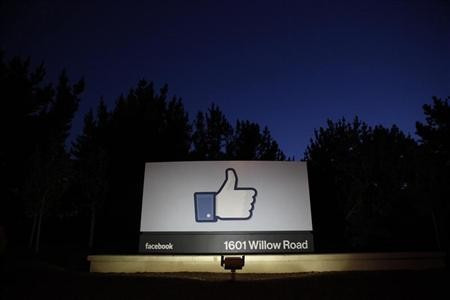Facebook to Clamp Down on Fraudulent Likes
Facebook is set to crack down on fraudulent "likes" on its pages that have been caused by malware or deceived users.
Facebook claims that the number of likes on any page will be dropped by 1 per cent, according to a post on its official blog. The effort will thereby remove the likes that have been gained by malware, compromised accounts, deceived users or purchased bulk likes.

"While we have always had dedicated protections against each of these threats on Facebook, these improved systems have been specifically configured to identify and take action against suspicious likes," read a statement on the blog. Facebook said that it never permits buying and selling of Facebook likes as the company leaves the choice of connecting to users.
"Beyond the need to maintain authentic relationships on Facebook, these third-party vendors often attempt to use malware or other forms of deception to generate fraudulent likes, which is harmful to all users and the internet as a whole," says Facebook.
The improvement to the company's site integrity systems is expected to benefit users as well as brands, resulting in providing more relevant and interesting content to users.
According to Business Insider, the engineers at Facebook have already started the suspicious "like invalidation processor". The site's source claims that the difference will not be noticed by most "clean" brands, while others who have worked with a third-party company and undergone bulk likes buying could notice a major change. The site reports that some advertisers have begun to notice drop in Facebook likes.
"We've started to see an uproar on the brand or advertiser's side," founder Frank O'Brien said, who claims one retailer (which asked to remain anonymous) noticed a drop of 10,000 fans from its 1,000,000.
"Facebook was built on the principle of real identity and want this same authenticity to extend to pages." said Facebook.
© Copyright IBTimes 2025. All rights reserved.





















